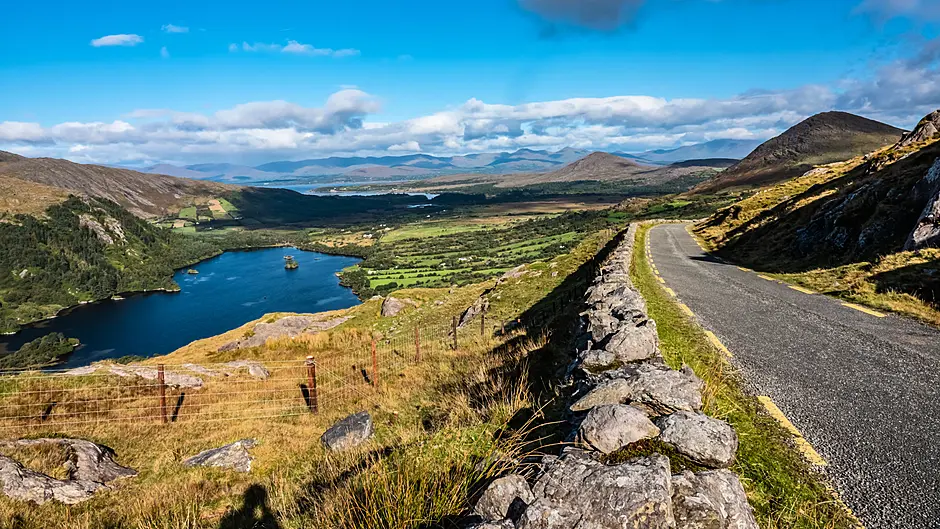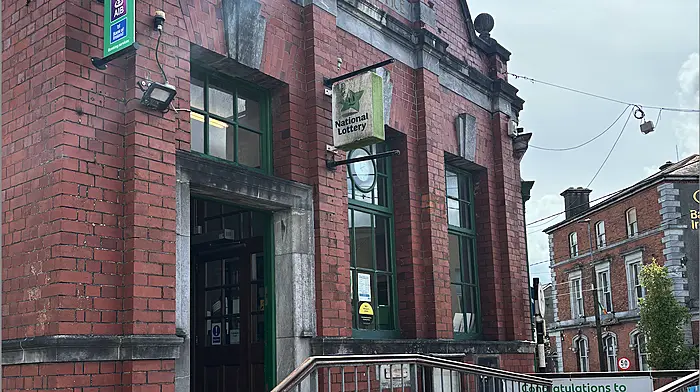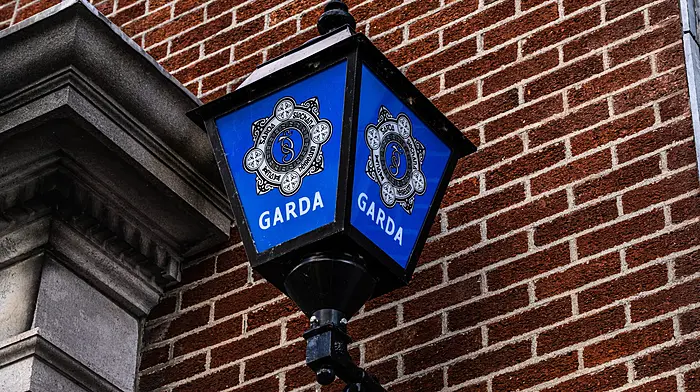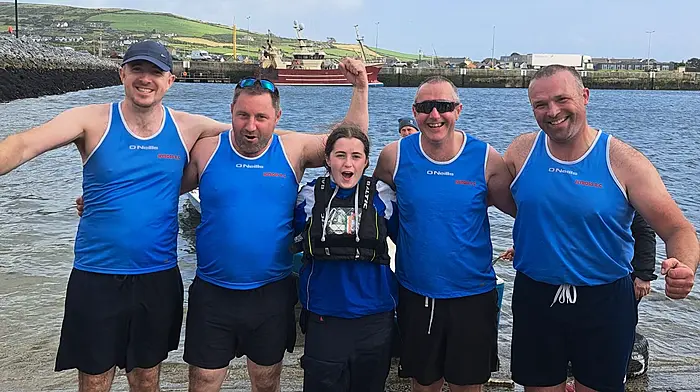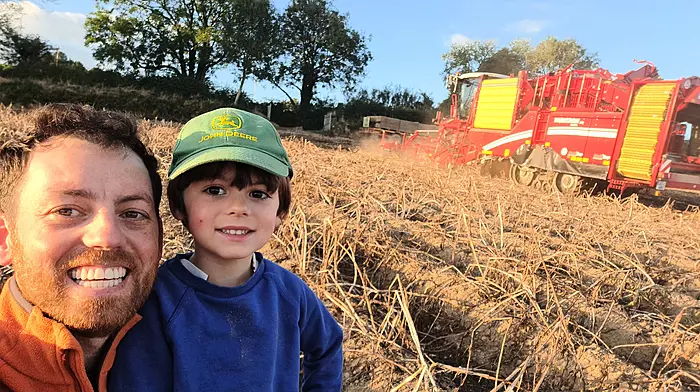A FIVE-year plan will be launched this month to promote West Cork as a major tourist destination, and to protect the authenticity of what the area has to offer.
Fáilte Ireland has announced that it has adopted its ‘Three Peninsulas visitor experience development plan’ and the ‘West Cork Coast destination and experience development plan’.
Work on these plans started in 2021 and they have now been amalgamated into one document which has identified key actions to promote the region.
The visitor experience plan covers the Mizen, Sheep’s Head and Beara peninsulas, as well as Dursey, Bere, Garinish and Whiddy islands, and the stretch of N71 from Kenmare to Bantry through Bonane and Glengarriff to Ballydehob.
The destination plan is focused on the area stretching from Kinsale to Ballydehob and also includes the inhabited islands of Cape Clear, Sherkin, Heir and Long.
Both plans single out the region’s quality of artisan food, its unique landscape, culture and its marine tourism potential (including boating and whale watching) as being huge visitor attractions. ‘Transition town’ Kinsale and ‘Fair Trade town’ Clonakilty are name-checked as having strong credentials, but a need to disperse tourists from these hubs is recognised.
Among the challenges identified by the plan’s authors are insufficient experiences, particularly in non-peak periods, combined with traffic congestion, the fragmented nature of many of the offerings, and the lack of transport to access them.
Josephine O’Driscoll, Fáilte Ireland’s manager of the Wild Atlantic Way, said a lot of the focus of the amalgamated plan is to extend West Cork’s tourist season, to give the visitor reasons to stay longer, but crucially to do it in a sustainable way.
An implementation group has been set up which is being co-chaired by Des O’Dowd of the Inchydoney Lodge and Spa, and Neil Lucey of the Gougane Barra Hotel, with representatives of Cork County Council, Leader companies, Údarás, the OPW and local tourism businesses, she pointed out.
Sub groups have also been established to focus on four key areas: to develop West Cork as a food destination; as a destination for outdoor activity; to develop activities suitable for poor weather and, finally, a group to market it all.
‘It’s a very exciting plan,’ said Josephine. ‘But the key thing in it is to protect the authenticity of West Cork and what it has to offer, so we’re looking at providing quality experiences over attracting the masses.
‘We want to develop itineraries that will slow the visitor down, and keep them in the area, and drive economic growth, and to do that in a very sustainable way,’ she said.
Stakeholders will also be working with transport agencies, she said.
‘We will be working with Iarnród Éireann and the likes of Local Link to link transport with key attractions in West Cork,’ she said.

